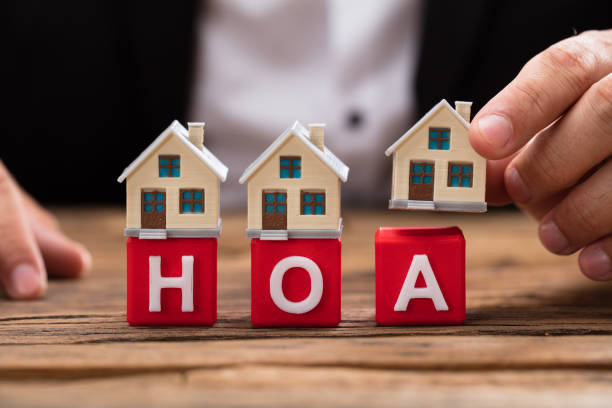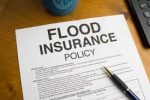Preparing For A Relocation

People relocate to South Florida for a few reasons; retirement, job opportunity, second home, tax savings, lifestyle, and to be closer to family to name just a few.
Relocating to a new state or region can feel overwhelming, especially when it comes to settling into an unfamiliar community. Whether you’ve moved locally before or this is your first big relocation, there’s more to it than just packing boxes and changing addresses. Finding the right city or neighborhood will make all the difference in your satisfaction with your decisions.
Here are a few key tips to help make the transition smoother, from using online resources to connecting with locals, so you can start feeling at home before you even relocate.
If you have moved locally before, you know the bureaucracy that comes with every move:
- Change your address on your driver’s license and other ID
- Register to vote, if you are a citizen or becoming a Florida resident
- Move your utility services to the new location
- File a post office change of address
- Register your children in the local school
- Find new doctors…and more
Just like when you are moving locally, there will be lifestyle activities that you should explore before moving:
- What is the commute between work and home, school and home?
- Does the new location have access to activities you enjoy now?
- Where are the religious or social centers like those you belong to now?
How to explore potential places that I’ll enjoy in the new region.
Use Internet Resources: Start by seeking out the types of local information you rely on now, but specific to your new location.
Explore online news outlets like THE PATCH or local newspapers. Join local social media groups, which often give a sense of the community. Just like in your current area, you’ll find a mix of people—some helpful, some not—but these groups can offer valuable insights.
Check out religious and cultural organizations that align with your interests. Their websites often list their mission and activities calendars, which can help you connect with like-minded people even before you arrive. Many also offer newsletters or online communication platforms that are great for staying in the loop. Research schools, crime statistics, demographic information, weather and more to fully understand how a move will impact your way of life.
Networking: Start by asking friends, family, or colleagues if they know anyone in your new area. Personal introductions can be invaluable in helping you get settled and learn more about your new community.
Pre-move Vacation: Consider spending a week or two in your new town or city to get a feel for the place. Use this time to meet with people who can assist with your move and try out activities you already enjoy—whether it’s sports, theater, religious services, hiking, or even attending a local event. Engaging in these activities will help you connect with locals and give you a sense of whether the area aligns with your lifestyle.
Consider a Two-Step Move: Evaluate whether it’s less stressful to rent for a year before buying a home. Each approach has its own benefits and challenges. Renting allows you to test the waters, while buying right away offers a sense of permanence—but either way, the decision should be based on your comfort level and finances.
Develop a Relationship with a Local Exclusive Buyer’s Agent: A local exclusive buyer’s agent is a valuable resource when moving to a new area. They have in-depth knowledge of the region and can guide you to community activities and resources that will ease your transition. Their expertise can help you navigate your home search while also connecting you with local networks.








 Kim N. Bregman
Kim N. Bregman